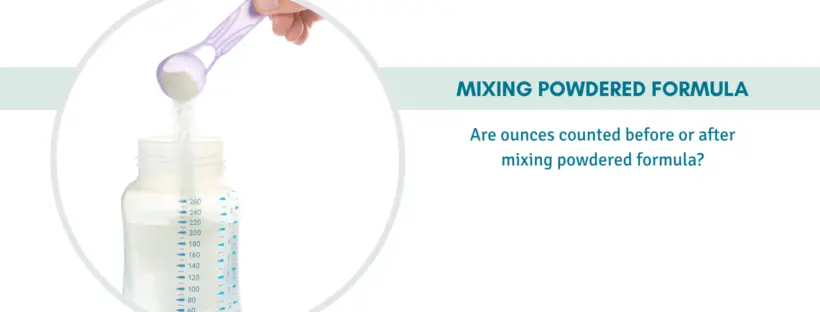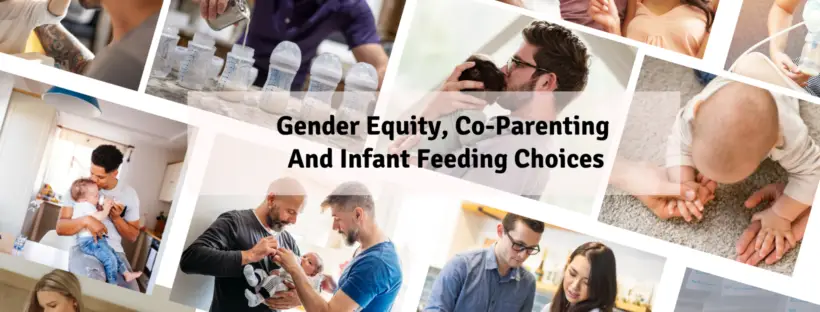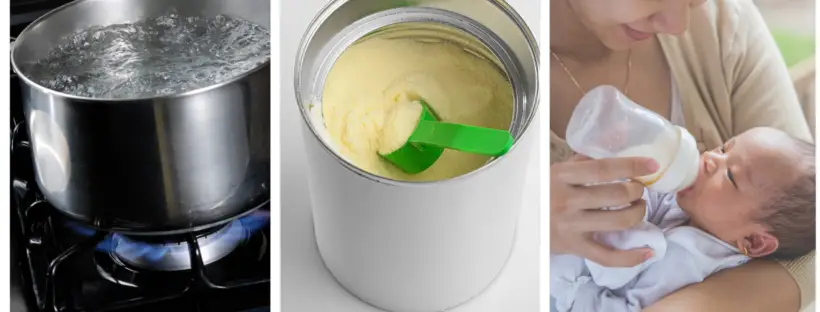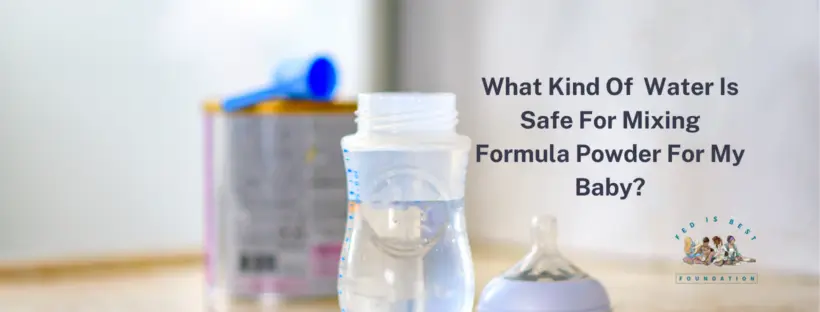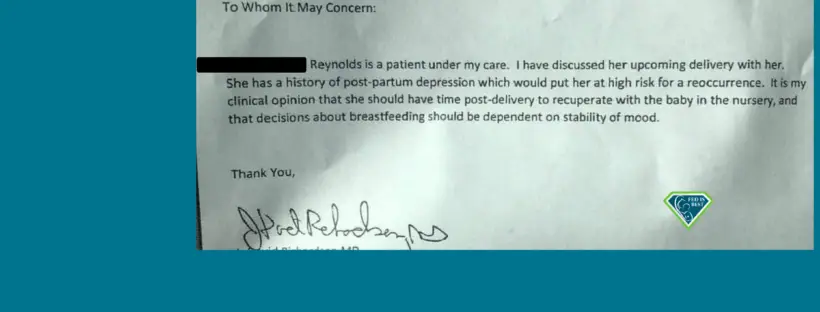Jessica Pratezina, MA, is a Ph.D. student in Interdisciplinary Studies (Child and Youth Care; Sociology) at the University of Victoria, British Columbia, Canada. Her doctoral research studies gender equality, father involvement, and early family formation.
Research shows that a father’s positive involvement significantly impacts every domain of their child’s development. Less attention has been paid to how a father’s involvement can improve a mother’s health, well-being, and especially relationship satisfaction. Not every happy, healthy family wants or needs a dad (like lesbian couples or single mums). But when a father is an expected part of family life, they can make a world of difference not only to his children but to his partner. In particular, when couples share childcare and household responsibilities equitably, the benefits to a mum can be significant.
Yet, gender equality isn’t one of the topics parents are encouraged to discuss during their parenting transition. In between learning how to clip those impossibly tiny newborn fingernails and piecing together cribs that seem to require an engineering degree to assemble, talking about how to keep childcare and housework tasks fair and equal isn’t something most couples are supported to do.
Gender equality is also not usually discussed as a factor influencing parents’ feeding choices. When I worked as an infant development specialist, I was taught to ask all sorts of questions about a mother’s feeding plans. The intention was to guide (or possibly guilt) the mum into choosing exclusive breastfeeding.
I was never taught to ask a mum how she wanted to involve the baby’s dad in feeding and how the different feeding options might support or hinder an equal sharing of the baby’s care.
Continue reading →
